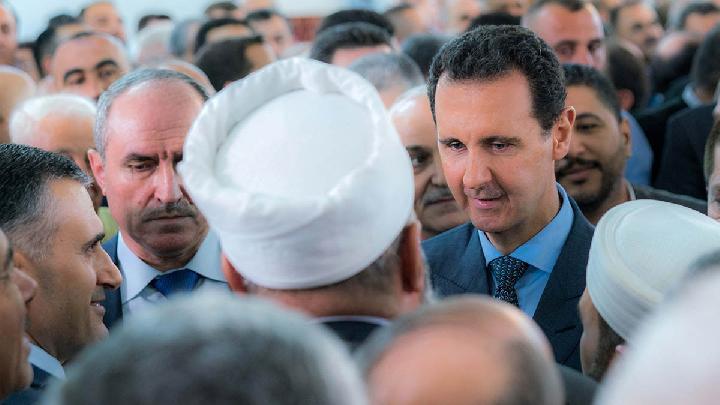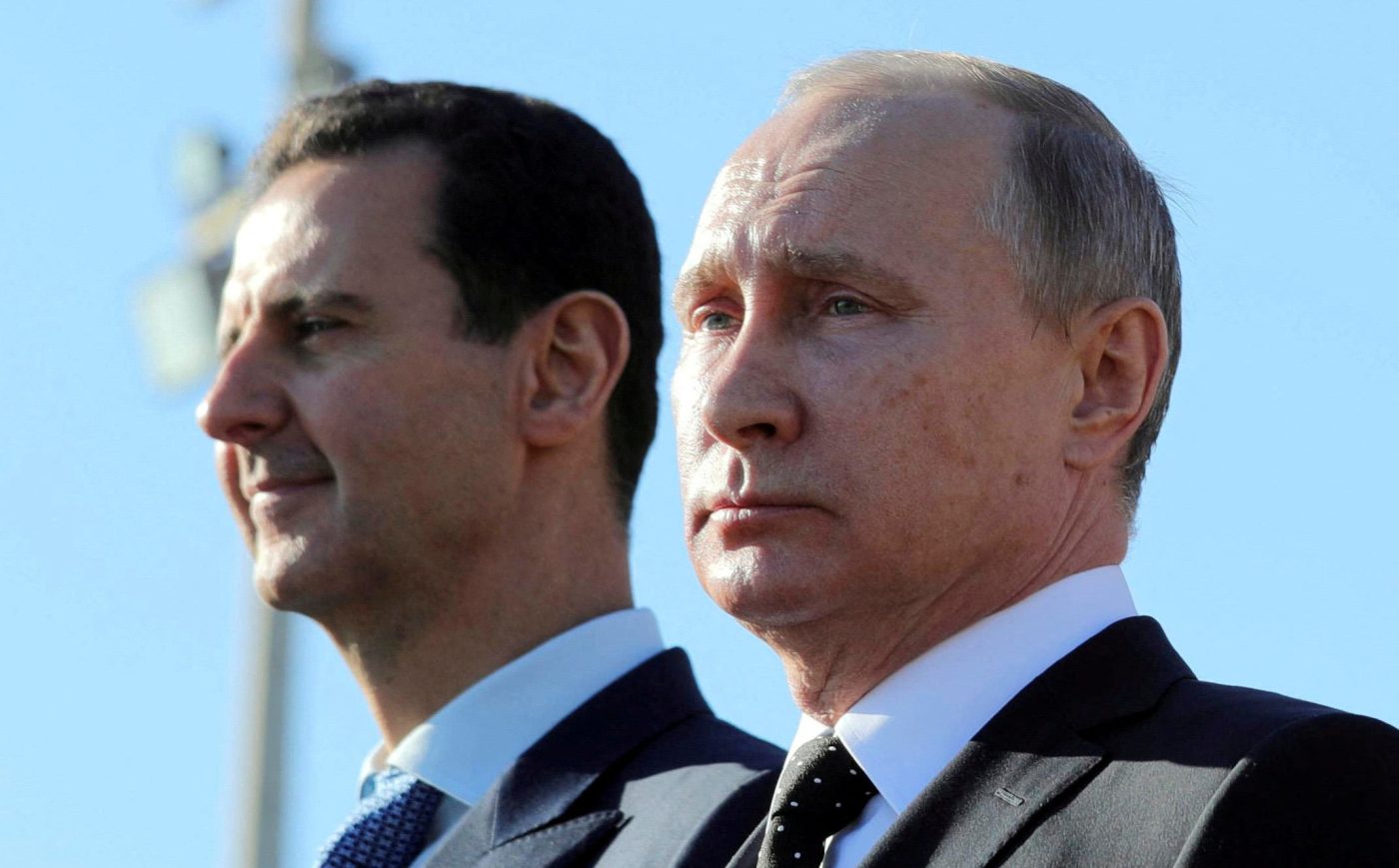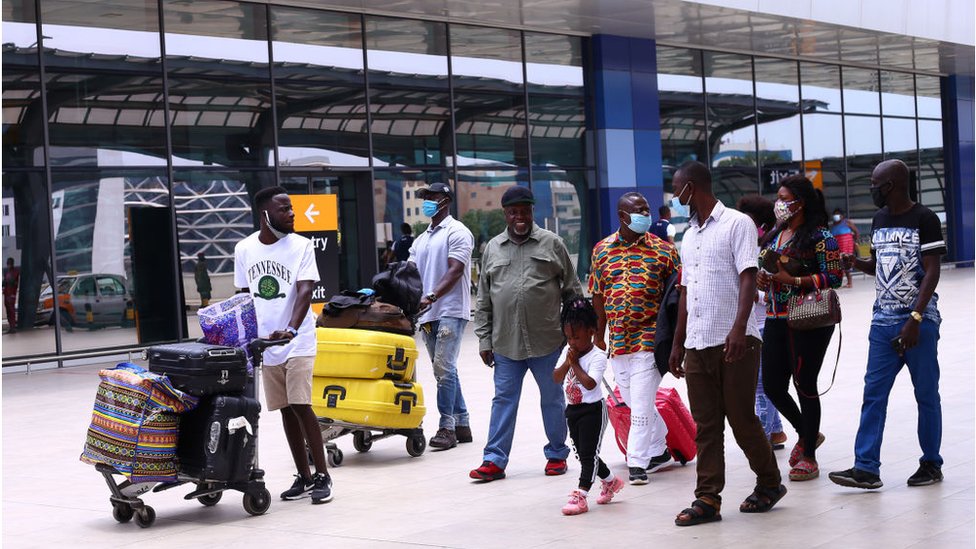Former Syrian President Bashar al-Assad, who ruled the country for nearly six decades, has been granted asylum in Russia after being deposed by rebel forces.
Assad, along with his family, arrived in Moscow on Sunday, December 8, following a dramatic change in Syria’s political landscape.
The Russian government granted him asylum on humanitarian grounds, a move that comes as part of ongoing efforts to protect Russia’s strategic military interests in Syria.
The Kremlin confirmed the news, with an unnamed source reporting that Assad had been forced to leave Syria after rebel fighters entered Damascus unopposed, effectively ending his family’s longstanding rule.

The Foreign Ministry later clarified that Assad had given “orders” for a peaceful transfer of power, signaling an abrupt end to his leadership.
“Syrian President Assad and members of his family have arrived in Moscow. Russia has granted them asylum on humanitarian grounds,” said a Kremlin source.
The report emphasized Russia’s continued commitment to finding a political resolution to the ongoing conflict in Syria.
READ ALSO: Chinese Healer Jailed for 15 Years After Diabetic Grandmother Dies at Slap Therapy Workshop
While the situation in Syria remains volatile, the source mentioned that negotiations would likely resume under the United Nations’ supervision.
Russia has played a pivotal role in the Syrian Civil War, offering critical military support to Assad since 2015, which helped him maintain power.
However, as rebel forces gained ground, Moscow has had to reassess its strategy.
The presence of Russian military bases in Syria, especially the strategic naval facility at Tartous, has been a crucial factor in Russia’s involvement in the region.

Losing these bases would severely impact Russia’s ability to project power across the Mediterranean and into Africa.
Reports have suggested that Syrian opposition leaders have agreed to guarantee the safety of Russian military assets in the country as Russia works to secure its interests in the region.
Moscow’s continued support for Assad and its involvement in Syria highlight the geopolitical stakes of the ongoing conflict.
Despite Assad’s departure, the situation remains fluid, and the full extent of the political fallout is yet to unfold.
On the same day, the Syrian flag was lowered outside Syria’s embassy in Moscow, marking the end of Assad’s influence in Russia. However, diplomatic operations at the embassy will continue as normal.















